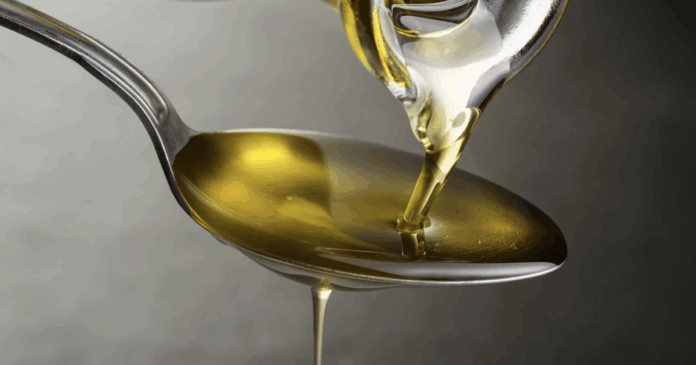In a groundbreaking study, a healthy fatty acid in olive oil and nuts has been found to “supercharge” immune cells specialized to fight cancer. Meanwhile, another kind of natural fatty acid undermines these cells and may diminish the body’s ability to stave off tumor growth.
Medical researchers from the University of Hong Kong (HKUMed) have found that oleic acid (OA) – the kind found in olive oil – boosts γδ-T cells (or delta gamma T cells). The team made the discovery while investigating how different dietary fatty acids could influence this small subset of T cells that act as rapid-response soldiers against infection and tumor growth.
These immune cells are also known to become dysfunctional in people with obesity or those who have a diet high in saturated fats.
The researcher isolated human γδ-T cells and grew them in culture, then exposed a set of them to OA, and another to palmitic acid (PA), which is commonly found in palm oil, meat and dairy products. They then assessed cell survival, metabolic activity and tumor-killing ability. The OA-treated cells were not just viable but showed indications of their metabolism running at full strength, their mitochondria stayed stable, their signaling was balanced and their tumor-killing machinery was intact.
“Our research suggests that dietary fatty acid supplementation, particularly with foods rich in OA, such as olive oil and avocados, could enhance γδ-T cell immunosurveillance, leading to more effective cancer treatments,” said lead author Tu Wenwei, a professor in the Department of Paediatrics and Adolescent Medicine at HKUMed.
University of Hong Kong
However, cells exposed to PA suffered metabolic failure and inflammatory self-destruction. Essentially, their energy machinery broke down and they died in a way that made the surrounding immune system environment even more hostile. So if OA can bolster and strengthen T cell responses to tumors, PA essentially did the opposite.
“The results indicate that cancer patients should avoid PA and consider OA supplementation in their diets to improve clinical outcomes of γδ-T cell-based cancer therapies,” said Tu.
While these findings were demonstrated in mice models and cell cultures, it strengthens a growing argument in immunometabolism – how nutrients shape immune behavior – that certain natural fats have widespread benefits for cell health. And, conversely, some might do more harm than good. Saturated fatty acids – like PA – tend to promote inflammation and oxidative stress, while unsaturated fats like OA support cleaner energy production and longer cell survival.
“For cancer patients, this discovery suggests simple changes, like eating more foods rich in OA (such as olive oil, avocados and nuts) and cutting back on PA (found in processed foods, palm oil and fatty meats), could improve the effectiveness of cancer treatments,” said Tu. “The study also points to novel strategies, like combining dietary changes with specific drugs to further boost the immune system.”
However, the researchers caution that their findings shouldn’t be read as a green light to load up on olive oil or supplements, as the results are yet to be replicated in a human model. Despite this, the study does add to a growing body of evidence that supports personalized nutrition plans for bolstering cancer treatment, and paves the way for new drugs targeting the processes affected by these fatty acids to enhance γδ-T cell therapies.
The study was published in the journal Signal Transduction and Targeted Therapy.
Source: University of Hong Kong


